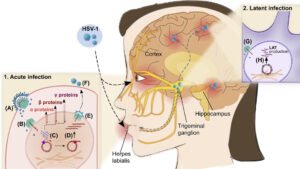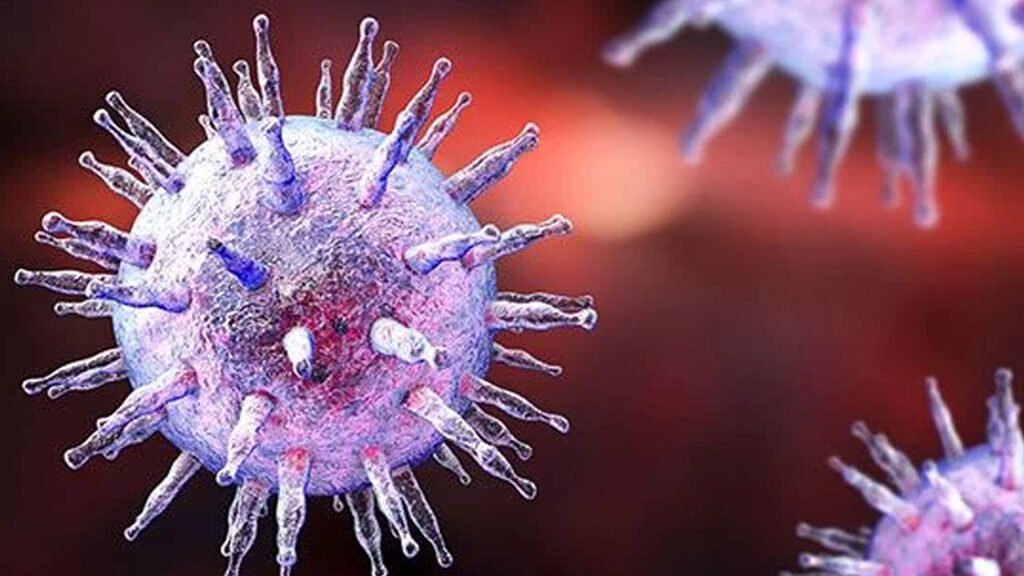Embarking on a voyage through the intricacies of genital herpes stages is paramount for individuals and healthcare providers alike. In this comprehensive guide, we delve into the nuanced progression of genital herpes, shedding light on each step.
FDA Alert: Important Information
Examining the FDA Communication in Detail
A significant advisory from the FDA has highlighted the possibility of erroneous response outcomes in specific HSV-2 tests. Concerns regarding the precision of these tests and their potential effects on patient care have led to the creation of this alert.
Factors Contributing to False Reactive Results
Test-Specific Issues
- Cross-Reactivity: Certain HSV-2 tests may exhibit cross-reactivity with other antigens, leading to false positive results.
- Sensitivity and Specificity: Variability in the sensitivity and specificity of tests can impact their accuracy in distinguishing between true and false reactions.
Implications for Clinical Practice
Navigating Patient Care
- Patient Counseling: Healthcare providers are urged to communicate effectively with patients about the potential for false reactive results and their implications.
- Confirmation Testing: In cases of a reactive result, confirmation through alternative testing methods is recommended to ensure accuracy before initiating treatment.
Genital Herpes Stages: A Closer Look
First Stage: Primary Infection
The journey commences with the primary infection, commonly identified by the first time the herpes simplex virus (HSV) is exposed. Among the symptoms could be:
Step 1: Symptoms
- Painful Sores: Tiny blisters filled with fluid that may itch and feel uncomfortable.
- Flu-Like Symptoms: During the first infection stage, fever, headaches, and muscle aches are frequently seen.
Step 2: Latency
The virus enters a dormant phase known as latency after the initial infection. At this point, people could encounter:
- Asymptomatic Periods: During these times, the virus is inactive and not visible.
- Possibility of Recurrence: The virus may periodically reactivate, causing outbreaks to repeat.
Stage 3: Repeated Incidents
For certain people, recurrent episodes of genital herpes are typified by:
- Recurrence of Sores: The painful sores in the anal or vaginal area come back.
- Reduced Duration: Compared to the initial infection, subsequent outbreaks may be less severe and last for a shorter period.”

The Way Forward: Ensuring Accurate Diagnosis
Recommendations for Healthcare Professionals
- Stay Informed: Healthcare professionals should stay abreast of FDA advisories and updates related to diagnostic testing.
- Evaluate Testing Protocols: Reviewing and, if necessary, adjusting testing protocols to align with the latest recommendations is essential for maintaining diagnostic accuracy.
Examine Testing procedures:
To ensure diagnostic accuracy, testing procedures must be reviewed and, if necessary, adjusted to conform to the most recent recommendations.

